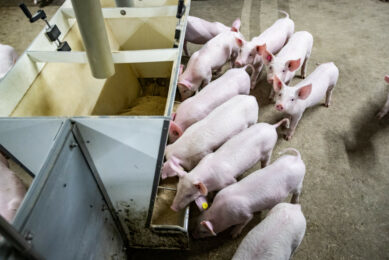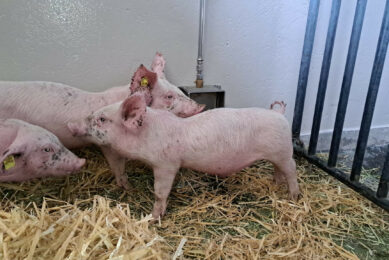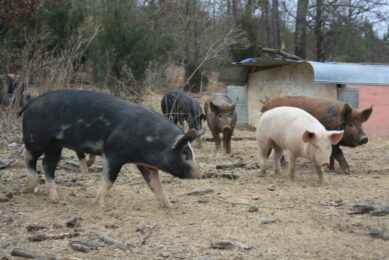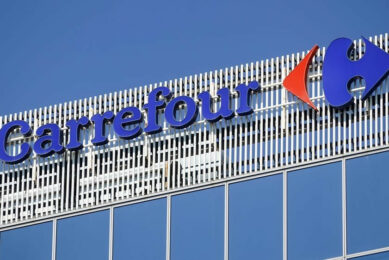France calls for one plan against livestock diseases
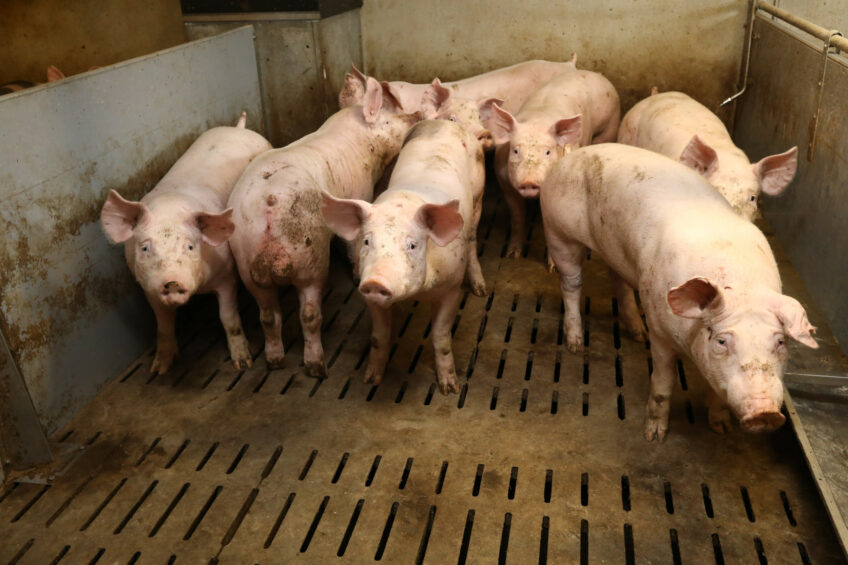
France aims to work on a more coordinated approach towards animal health. The goal is twofold – it should not just be targeting current epidemics, but should also prevent new diseases entering the country.
The plan was put forward by Annie Genevard, France’s minister of agriculture, food sovereignty and forestry. In recent years, the country faced various viral outbreaks in poultry, cattle and sheep, and geographically speaking, African Swine Fever (ASF) is just around the corner.
Contracts with major livestock unions
The minister’s idea is to arrange contracts with the major livestock unions to agree on – in case of a disease outbreak – who takes care of what, who pays what and when and who does the actual work in the field. Important elements are a strengthening of farm surveillance and biosecurity, the organisation of preventive vaccination as well as the evaluation of new innovative solutions. She said, “By fixing those steps together in advance, the country as a whole can fight current epidemics more efficiently and rapidly, but also prevent new threats.”
She continued to say, “I know I can count on all players involved to construct together an ambitious and resilient animal health system. The epidemics don’t know borders, we have to build an innovative French system and at the same time extend this strategic approach to the whole of the European Union.”
Animal disease approach a bit ad hoc
So far, disease approach, has often been relatively ad hoc in France. Often, as soon as a new disease appears, the authorities first tend to observe the situation, and then decide to order large amounts of vaccines for a vaccination campaign. Questions as to who has to carry out the vaccinations and how it will be organised are often left unanswered. As a result, fighting disease often costs hundreds of millions of euros.
Genevard said, “We have to engage collectively in defining the sanitary organisation of tomorrow, adjusted to the new risks our livestock is exposed to, against the background of climate change and intensification of the worldwide trade.”
She continued to say, “2025 could well be a year of unprecedented perils, with a prolongation of the crises we’ve seen in 2024 and the emergence of new diseases which are already present in neighbouring countries, like African Swine Fever in Germany, or which could come to our part of the world because of climate change.”
Major exporters of cheese, pork and chicken
France is one of the major exporters of both livestock and animal products like cheese, yoghurts, pork, beef and chicken and strives to maintain that position.
In 2024 alone, France suffered outbreaks of epizootic haemorrhagic disease (EHD) in the south in cattle and sheep; bluetongue serotype 3 in the north (mostly affecting sheep), and avian influenza has been a threat that has been around for various years as well.



